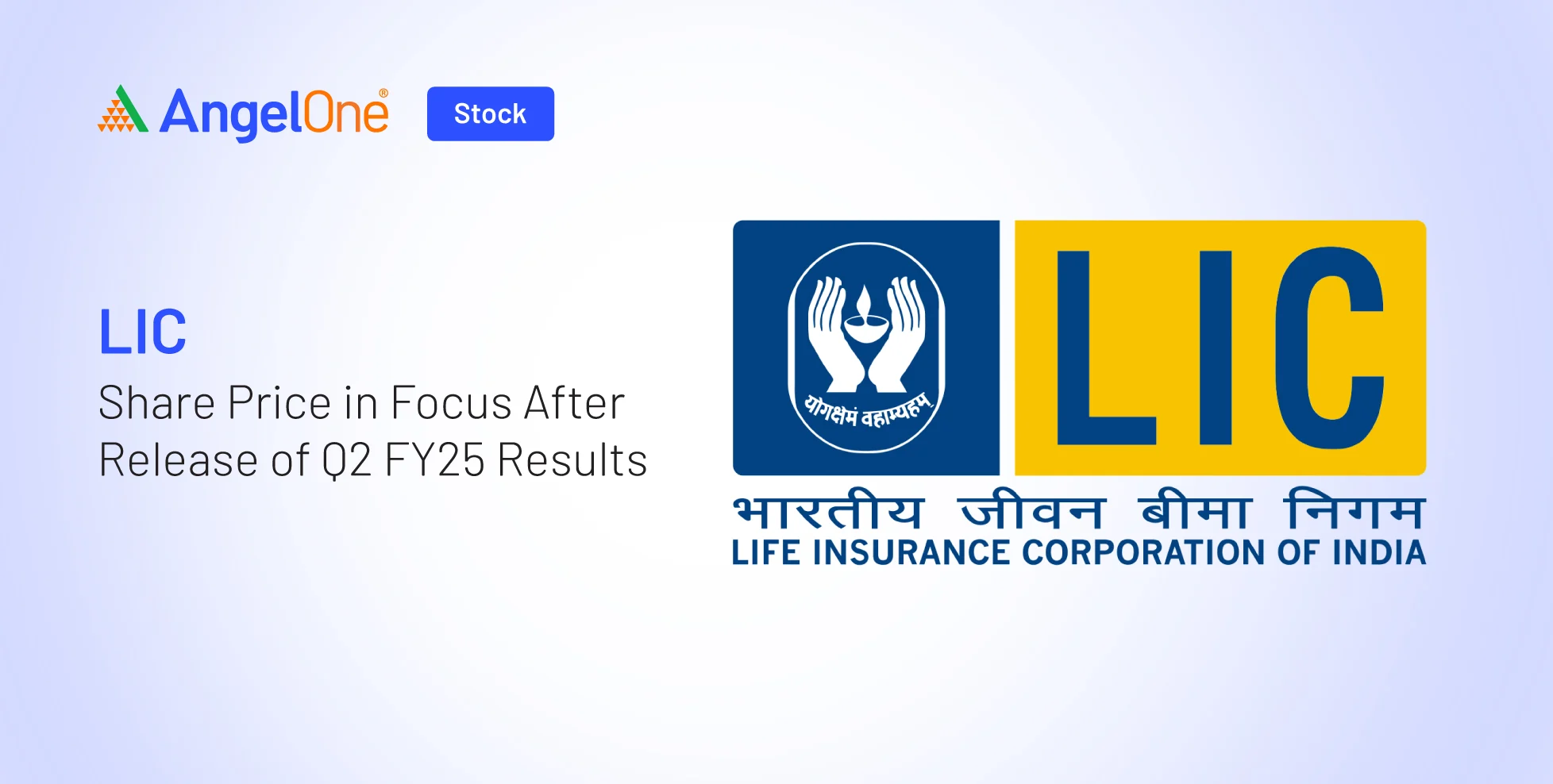Zurich Faces Lawsuit Over Forced Builder’s Risk Insurance: Zurich American Insurance Company, along with lender service firms ELS Holdings LLC and FCI Lender Services, is facing a high-profile lawsuit over allegedly excessive forced-placed builder’s risk insurance premiums. Filed on September 4, 2025, in the U.S. District Court for the Southern District of Florida, the case highlights growing industry scrutiny over opaque practices and premium setting in forced-placed insurance, particularly in the commercial real estate sector.
The plaintiffs, Marat Gokhberg and Steve Ostrovsky, claim they were burdened with a staggering $54,987.66 bill for builder’s risk insurance coverage on their Miami Beach property after their original policy lapsed. According to the complaint, ELS Holdings arranged for Zurich to provide the coverage, but Gokhberg and Ostrovsky argue the premium was excessive and unaligned with market standards. The complaint alleges that neither proper notice nor justification for the charges were provided by Zurich or ELS.
The situation escalated when the plaintiffs attempted to refinance the property. Despite securing a replacement policy, Zurich and ELS allegedly refused to cancel the forced-placed coverage. This, they claim, caused construction delays, mounting interest costs, project stagnation, liens, penalties, and additional financial complications. The plaintiffs are pursuing over $1.2 million in damages, alongside a court order to bar Zurich and ELS from employing similar forced-placed insurance practices in the future.
What Is Builder’s Risk Insurance and Forced-Placed Coverage?
Understanding Builder’s Risk Insurance
Builder’s risk insurance provides coverage for buildings under construction. It protects against damage from fire, theft, vandalism, and natural disasters during the construction phase. Typically, property owners or developers purchase these policies to safeguard their projects from unforeseen events.
The Controversy of Forced-Placed Insurance
Forced-placed insurance occurs when lenders purchase insurance on a borrower’s behalf, usually after the borrower’s original policy lapses. While intended to protect the lender’s interest, these policies often come under fire for excessive premiums, opaque pricing practices, and lack of borrower input. This lawsuit highlights the systemic issues surrounding such coverage in the commercial market.
The Key Allegations in the Zurich Lawsuit
Excessive Premiums and Lack of Justification
The central complaint alleges that the $54,987.66 premium charged was far above market rate. Gokhberg and Ostrovsky argue that neither Zurich nor ELS provided a clear explanation of how the premium was calculated or why such high coverage was necessary.
Failure to Cancel Forced-Placed Policy
After the plaintiffs obtained a replacement policy, Zurich and ELS allegedly refused to cancel the forced-placed coverage. This led to significant financial penalties, construction delays, and a cascade of issues preventing project progress.
Breach of Contract and Legal Violations
The lawsuit cites multiple claims, including:
- Violation of the Real Estate Settlement Procedures Act (RESPA)
- Breach of contract
- Bad faith
- Unfair trade practices under Florida law
- Negligence
- Unjust enrichment
The plaintiffs are seeking over $1.2 million in damages and demand that the court bar Zurich and ELS from continuing similar practices in the future.

Implications for the Insurance Industry
Increased Scrutiny on Forced-Placed Insurance
This lawsuit is being closely watched by industry professionals as it exposes critical issues within forced-placed insurance practices. Experts are urging insurers and lenders to review their policies, ensure fair premium calculations, and maintain transparent communication with insured parties.
Contract Language and Compliance
A key focus of the lawsuit is Zurich’s policy language, which reportedly forbids the non-renewal of wind coverage without the insured’s written consent. The case highlights the potential legal pitfalls of ignoring contract terms and failing to act in good faith.
Potential Ripple Effects
If the plaintiffs prevail, the case could reshape how the industry approaches forced-placed insurance, particularly in the builder’s risk segment. This may lead to tighter regulations, better industry standards, and heightened accountability for insurers and lenders.
Conclusion: A Wake-Up Call for Fair Practices in Builder’s Risk Insurance
The Zurich forced builder’s risk insurance lawsuit serves as a stark reminder of the challenges inherent in forced-placed coverage. As the legal process unfolds, insurance and lending industries will need to reflect on their practices and prioritize transparency, fairness, and compliance to maintain customer trust.
For affected property owners and developers, this case underscores the importance of vigilance and due diligence when dealing with forced-placed insurance. Understanding your rights, carefully reviewing policy terms, and engaging in proactive communication with lenders and insurers can help prevent similar situations.
The outcome of this case has the potential to not only impact Zurich but also set industry-wide precedents that could promote fairer treatment of borrowers and developers across the U.S. commercial real estate market.
Ultimately, this lawsuit highlights the need for a balanced approach—protecting lenders while ensuring policyholders are not unduly burdened by opaque or inflated insurance practices.
Also read: vivo Y500 Launches with 8,200mAh Battery, IP69 Rating, and Dimensity 7300 Chipset
FAQ: What You Should Know About the Zurich Builder’s Risk Insurance Lawsuit
1. What is the main issue in the Zurich lawsuit?
The main issue revolves around a forced-placed builder’s risk insurance policy charged at $54,987.66 after the original policy lapsed. The plaintiffs argue the premium was excessive, unjustified, and imposed without proper notice. They also claim Zurich and ELS Holdings refused to cancel the policy even after a replacement was secured, causing financial and operational harm.
2. What are the legal claims in the lawsuit against Zurich and ELS Holdings?
The plaintiffs have filed multiple claims, including violations of the Real Estate Settlement Procedures Act (RESPA), breach of contract, bad faith, unfair trade practices under Florida law, negligence, unjust enrichment, and a request to rescind the insurance arrangement entirely.
3. Why is this lawsuit important for the insurance industry?
This case shines a light on systemic issues in forced-placed insurance practices, such as lack of transparency, excessive premiums, and questionable handling of policy cancellations. It serves as a warning for insurers and lenders to adopt fair, well-documented, and customer-focused practices.
4. How could the outcome affect forced-placed insurance practices?
If the plaintiffs succeed, the lawsuit could lead to stricter regulations, increased scrutiny, and a shift toward more transparent pricing models and fairer treatment of policyholders. It may also set a precedent for future lawsuits challenging similar practices.
5. What should property owners and developers do to avoid similar situations?
Property owners should:
- Carefully monitor the status of their insurance policies.
- Immediately address any lapses in coverage.
- Obtain written confirmation of any changes or cancellations.
- Seek legal advice if they believe forced-placed insurance is unfair or improperly applied.
Being proactive can prevent substantial financial and legal challenges.






